It seems that Socialism is on the rise right now; at least amongst those who have not come to the USA looking for the opposite of what socialism did to their Country.
Why?
Let’s speculate. I see it as a combination of factors:
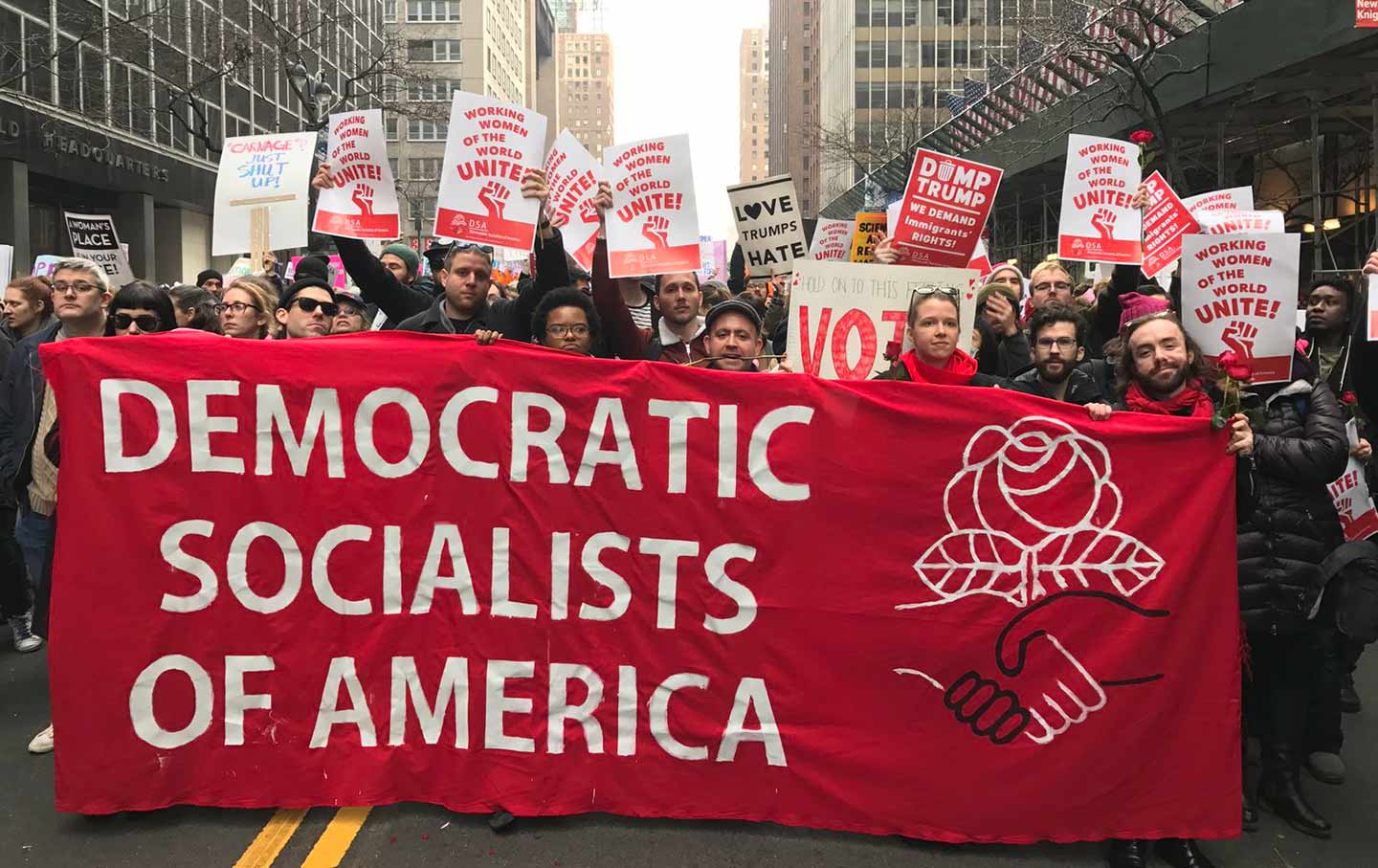
– Wealth largess from the positive effects of a relatively small era of libertarian-ish principles in action. I discuss this further below in the article.
– Both authoritarian and permissive parenting on the rise. As people have less children and as media continues to exaggerate how dangerous the world is to children, parents allow their children less unsupervised play time. Dr. Jonathan Haidt writes and talks about this phenomenon. According to him, this trend began in the early 1980’s. People who had this kind of upbringing are more likely to want an authority to make decisions for them, keep them safe, and keep them happy and comfortable. Socialism promises to meet these needs.
– Socialism means more power to government, so people working in the public sector tend to reap an initial benefit from socialist policies.
– The media and academia has succeeded in convincing the increasing number of lower and middle class people that (a) people with more wealth than them are to blame for their woes (zero sum game fallacy); and (b) their plight is because of capitalism, which is funny to me since the Empire has what would more accurately be described as cronyism, corporatism, or fascism. I talk more about this below, too.
Socialist paradise
For those who have bought into the idea that socialism is a good thing because “they do it in Scandinavian Countries”:
“Contrary to popular belief, Scandinavian countries actually experienced numerous decades of free-market capitalism. This free-market period enabled them to accumulate capital and enjoy unprecedented levels of prosperity.”
Sanandaji uses his home Country of Sweden as an example to illustrate this point:
“Property rights, free markets and the rule of law combined with large numbers of well-educated engineers and entrepreneurs; an environment in which Sweden enjoyed an unprecedented period of sustained and rapid economic development. In the hundred years following the market liberalisation of the late 19th century and the onset of industrialisation, Sweden experienced phenomenal economic growth … IKEA, Volvo, Tetra Pak, H&M, Ericsson, and Alfa Laval were all founded during this period, aided by business-friendly economic policies and low taxes.
Essentially, the capital stock built in the 19th century allowed countries like Sweden to finance generous welfare states. Many socialist sympathizers overlook this point and put the cart before the horse by pushing for the immediate establishment of a welfare state before any process that fosters real economic growth.” from source
More on Sweden
“In Sweden, the government tries to price healthcare at near zero, so demand is unlimited. However, resources are limited, resulting in rationed healthcare. Long waiting lines are the norm. Stories abound of people with an illness such as brain cancer being told they will need to wait for treatment until they have equipment and doctors ready for them.
Like Canadians, many will go to other countries to get timely treatment. Economist Andreas Bergh explains that Swedes are healthy not because of the health care system but because they eat healthy foods and are physically active.” from source
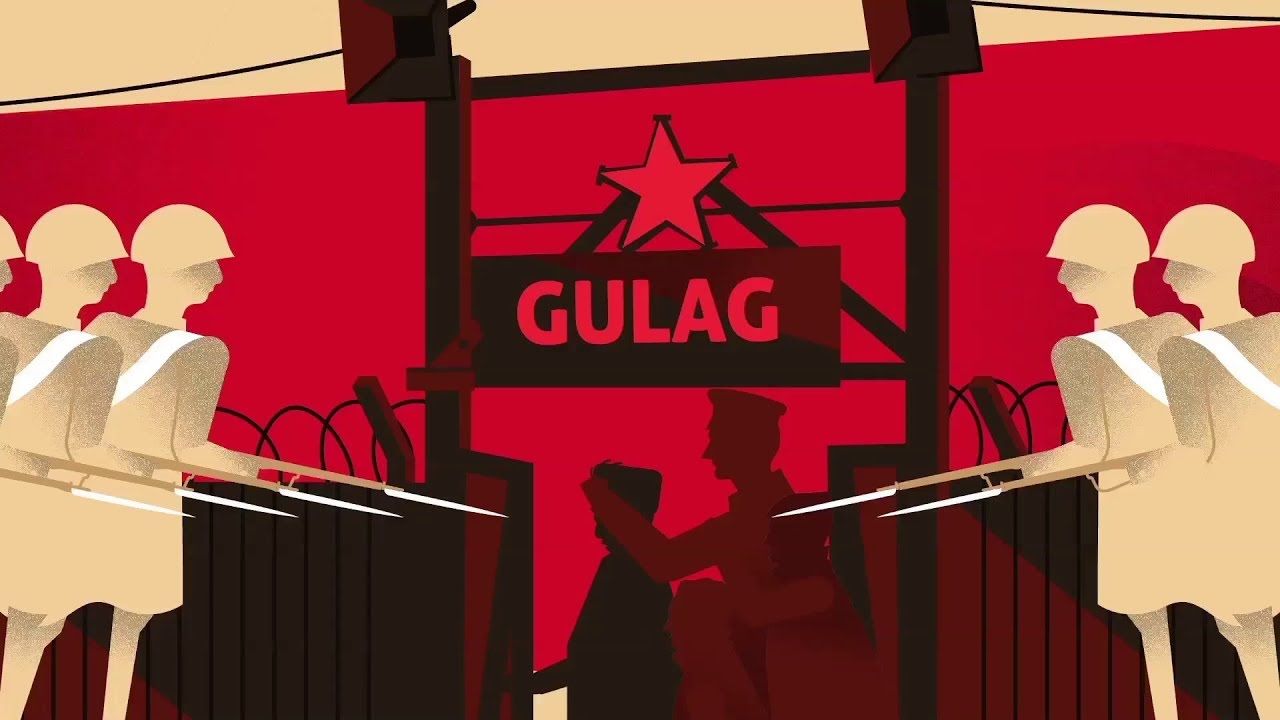
Power tends to corrupt humans, so do don’t hand power-over to people
But you have to trust some human to steal from the rich and give to the poor, right? Are the producers going to stick around for that? Would you? Are you really cool with allowing someone other than you to decide what happens to the results of your labor?
Finally, the Empire is neither socialist nor capitalist. It’s a grimy example of cronyism, corporatism, and even fascism. They pretty much mean the same thing; those with the most power tend to control the politicians, who control us.
Corporations can’t directly control us. If you are pissed off at the amount of power Google, Apple, Amazon, Big Pharma, Military Industrial Complex (Boeing, Lockheed, et al), Prison Industrial Complex, et al, have over us, blame the stooges in government who take their bribes (lobby money, campaign contributions, and/or other favors) and do the bidding of these corporations.
Boeing: “Hey Mr. Congressman. I’d really like you to vote in favor of war. Oh and by the way, here are some campaign contributions.”
You might believe the solution is to make more laws limiting money and other gifts but as we all know:
“Making something illegal doesn’t stop it; it merely drives it underground even more.”
Regulatory capture
When you cry out for “more regulation,” what you are asking for is more of regulatory capture, meaning: The more power government exerts over an industry through regulation, the more the industry leaders have power over that industry because those industry leaders write the regulations so that their particular corporation can handle the restrictions, fines, etc. but their competitors – and any small guy who wants to enter that market – have a harder time. It’s actually often more cost-effective for a large corp to spend more money lobbying than they do on R&D, payroll, marketing, and lower prices.

What IS capitalism?
An economic system we’ve never really had; Capitalism merely means the free exchange of goods between two or more consenting parties.
It does *not* preclude people in any market choosing to have rules, as long as consent is present. Voluntaryists would call this a system based on a rule we place great import in; freedom to associate. This basically means the ideal is for all people to have the power to say no and it is generally not cool to interfere with two consenting entities who wish to trade, communicate, work together, collaborate, or rub squishy parts together.
Constitutional corruption
Yes, in the beginning, the USA had a system more like Capitalism than any other before. Some say it was not designed perfectly because of how it eventually turned into what we have now. I don’t look at it quite that way. The founders – however smart – were not gods, nor do I expect they should have been. The way forward they designed was genius given how different it was from monarchy, etc.
To me, yay, the US Constitution served its purpose. It created massive wealth on an unheard of scale. It fattened us all up to the point where – yeah, maybe people got addicted to that power, as well as soft. It attracted millions of immigrants. But also, it created so much largess that many rightfully look around and think, “Uhm… this is the year 2020. Because of technological advancements, making a living shouldn’t require so much effort.”
Government regulation raises prices and lowers quality
Look at how the price/value ratio for soooo many goods and services has dropped over the past 100 years! Then notice the difference between heavily regulated industries (education and health care come to mind) versus industries that pretty much self-regulate (most technology, for example). Notice how the regulated industries have an inverse movement over time with price/value? Seems obvious to me what’s going on.



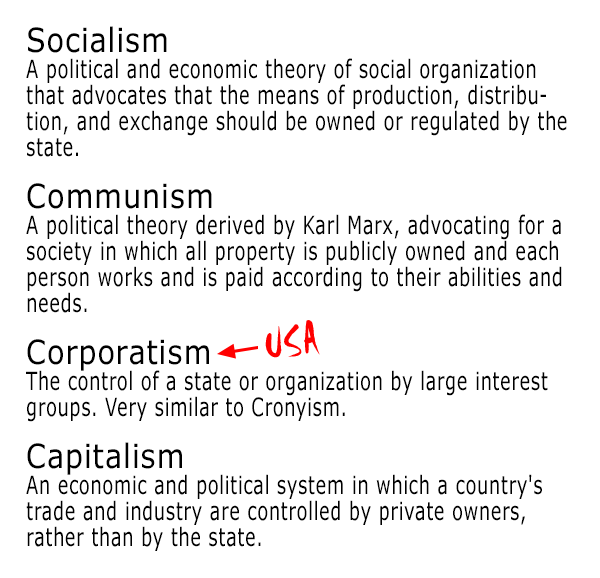
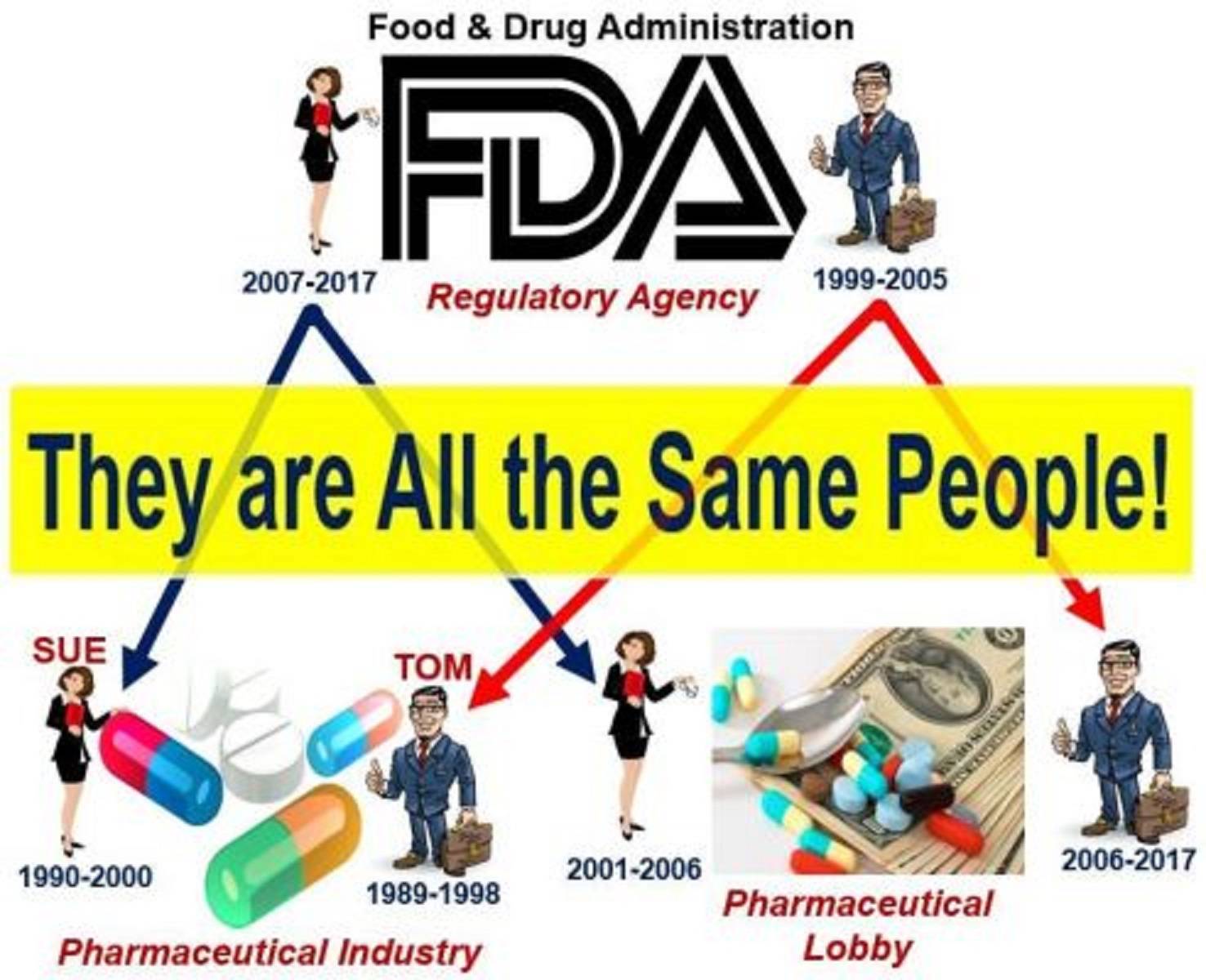



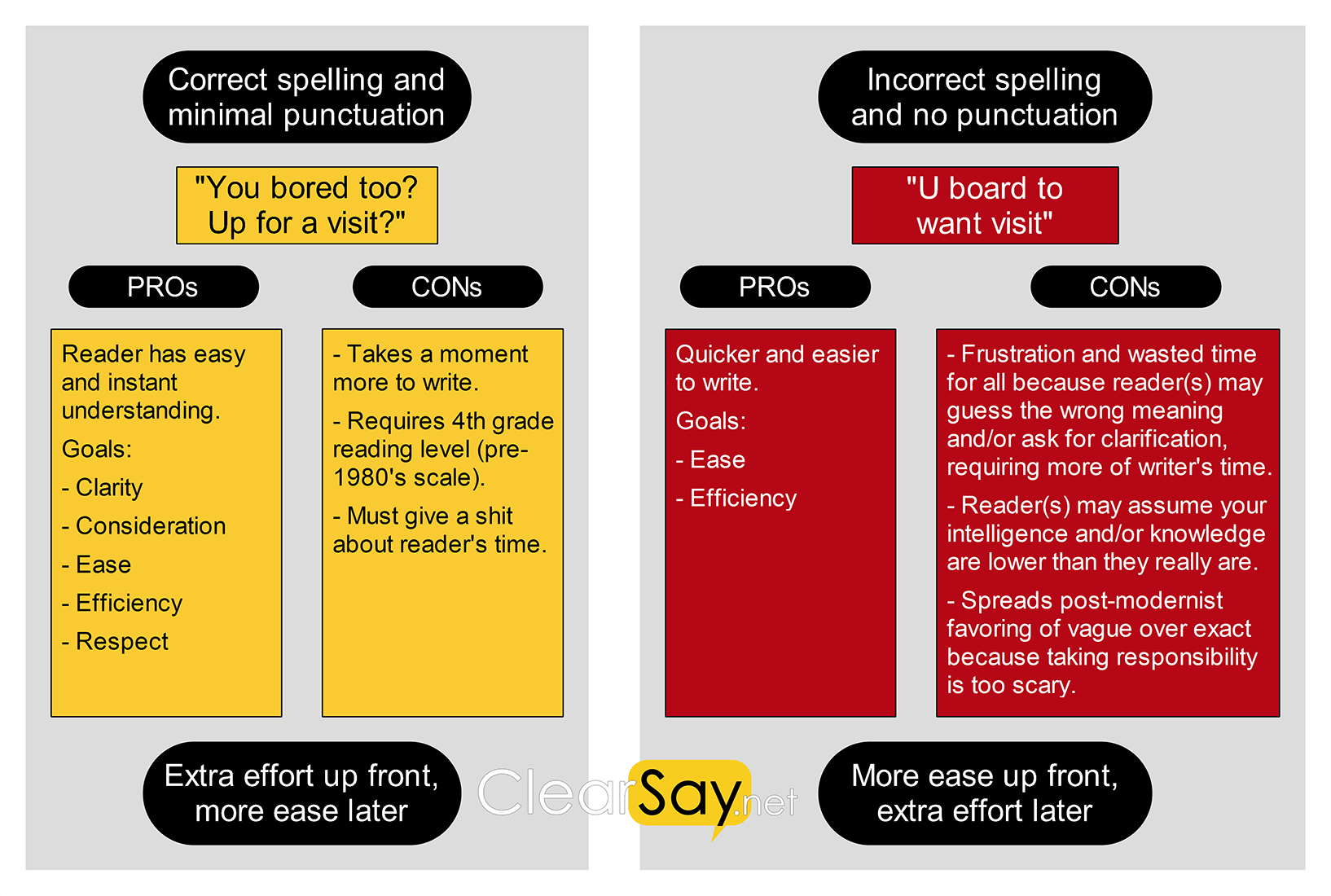




Recent Comments